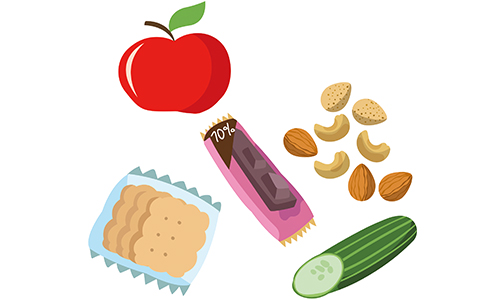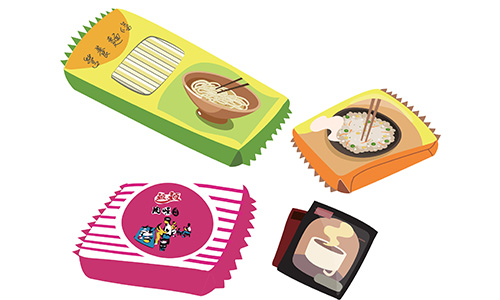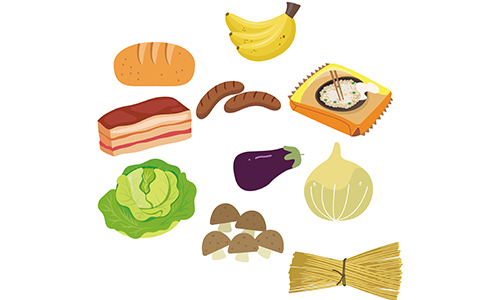
Plan food for mountaineering
Food is just as important as the itinerary and equipment in your mountain climbing plan. Food is the source of maintaining your physical strength and energy for your trip. You need to consider various changes in the environment and the trip and pick the appropriate weight, nutrition content, calories, taste, and ease of preparation to be ready for your trip.
What should you bring? How much would you bring? Everyone has different tastes and appetites, so it is difficult to generalize. Your plan may look perfect before you start the climb, but things change all the time. It is best to ask those who have prior experience or the guide of the trip for recommendations. Please do not carry food in a way as if the trip is weight training. For example, peanut maltose candies may taste good, but you cannot bite them as easily once you go up the mountains, and it will be as if you are carrying rocks to train your physical condition.
The contemporary mountaineering equipment weighs about the same to everyone, so the total backpack weight will depend on the water and food you carry. It is recommended that after each trip, you review the amount of food you bring, and the experience will help you estimate more accurately for the next trip.
Preparation tips for mountaineering food



Preparation of foods for mountaineering
